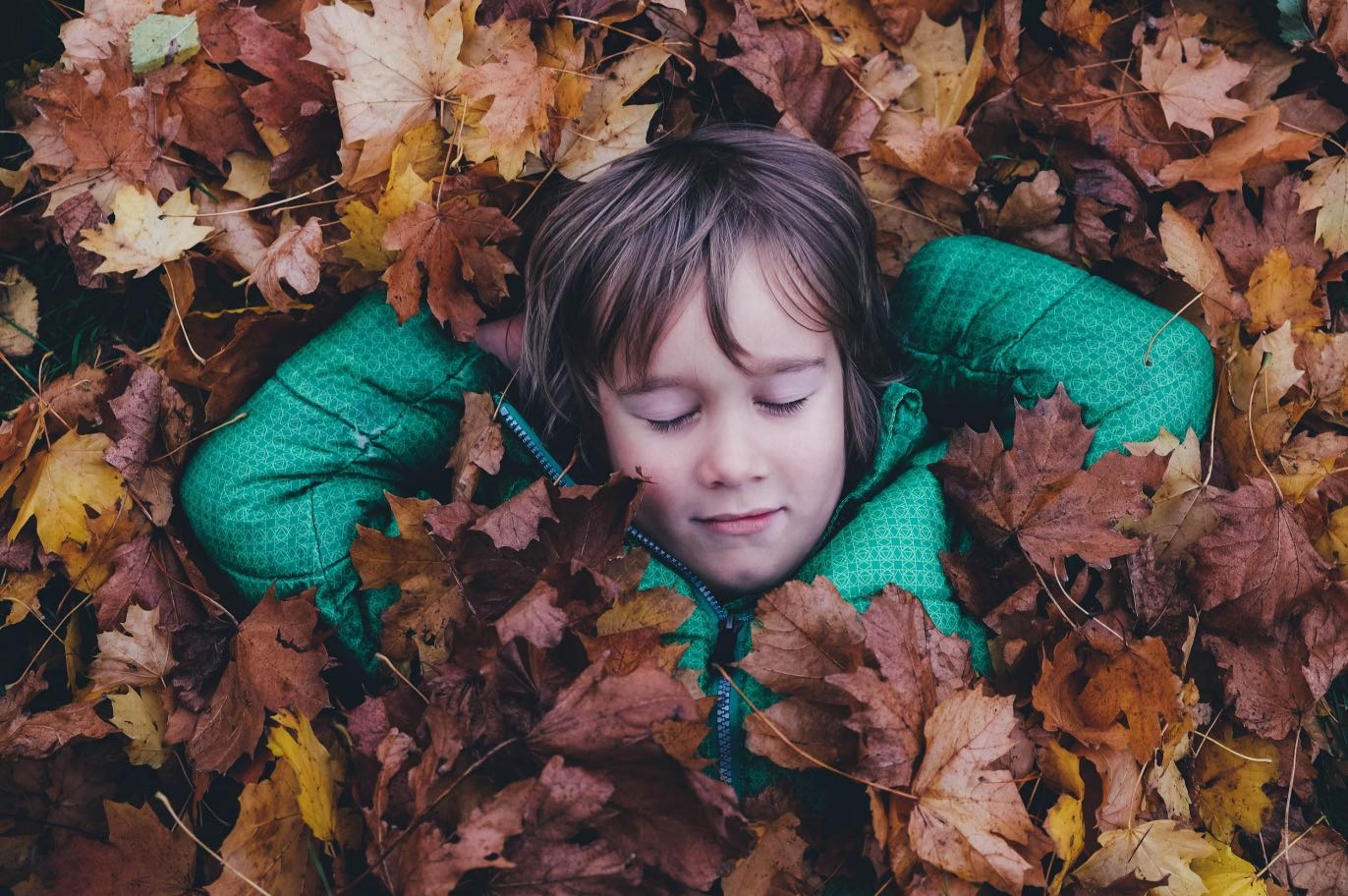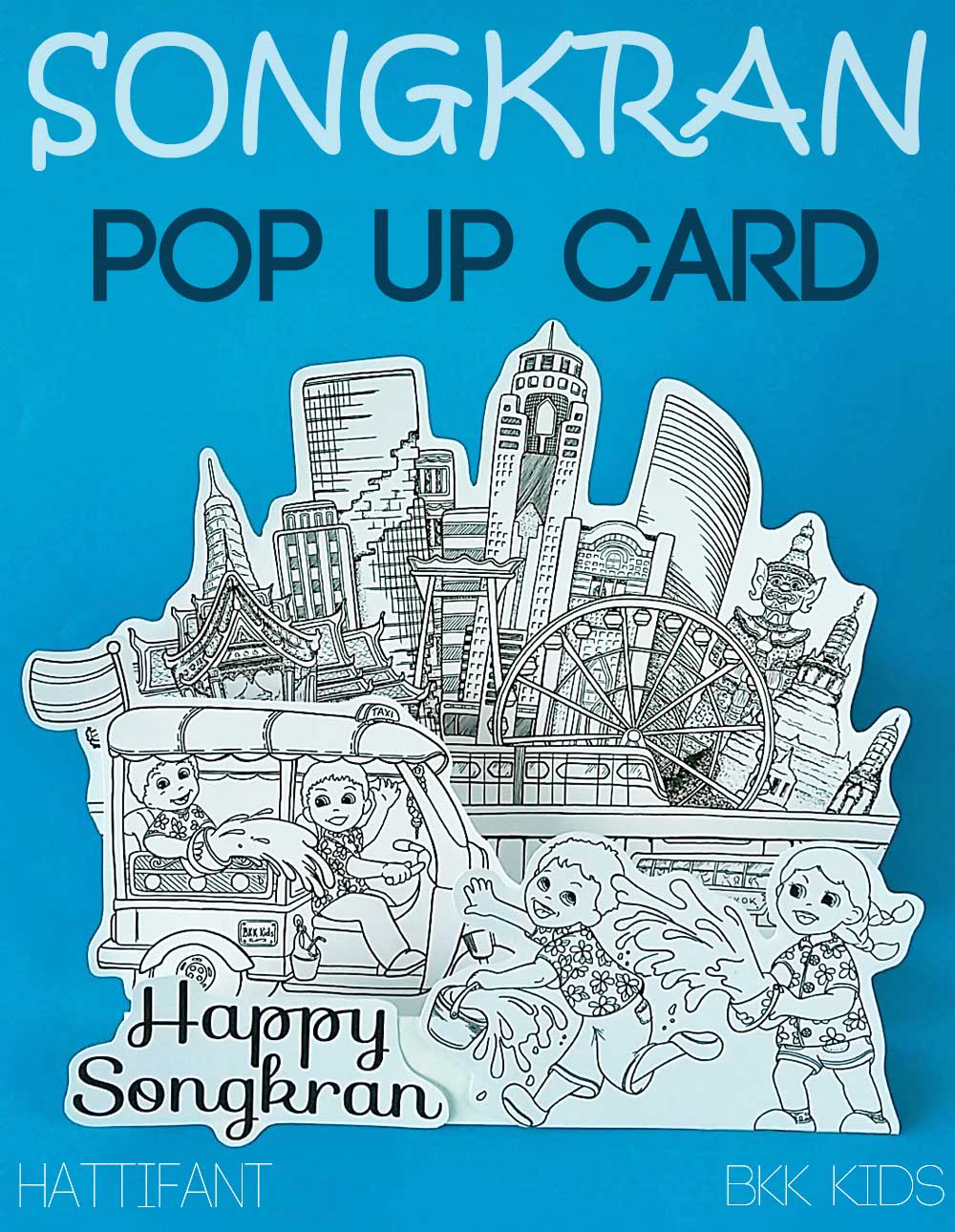“Let Nature be your teacher.” – William Wordsworth
With courtesy of Nikita Morton, Forest & Nature Enthusiast.
Why the Upsurge of Forest School?
Every year, reports are published detailing the increasing number of hours children spend inside, often on screens, and how little time they spend outside. This shift in the way children “play” has had markedly adverse effects on their overall well-being. Studies have shown that children who spend over two hours on a screen each day score lower on language and thinking tests, have a reduced ability to empathise with others, find impulse control a challenge, have a higher risk of obesity, and suffer from sleep problems. However, in recent years, parents and teachers have been taking back control and offering alternative options to this indoor lifestyle. Forest School is one such solution.
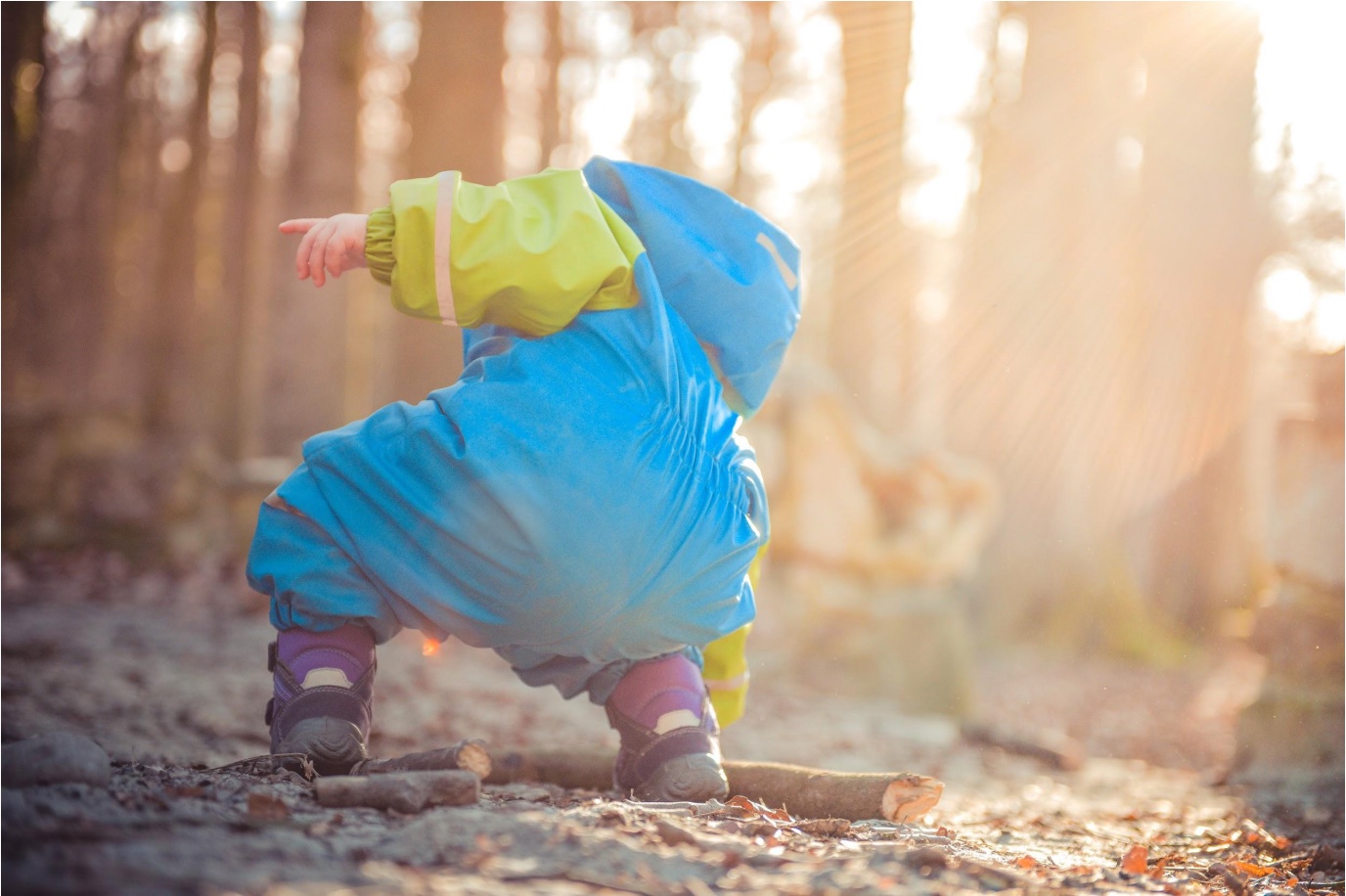
What Exactly is a Forest School?
Forest School is not a new concept. The idea originated in Denmark in the 1950s as an early years programme called Naturbørnehaven. The programme operated in Scandinavian countries for many years until it was introduced to the UK in 1993 by a group of British educators. The practitioners visited Denmark to look into how Scandinavia facilitated their pre-schools and returned impressed by the child driven, play-based approach. The idea was developed by practitioners in the UK, and Forest School, as we know it, was born. Since the 1990s, its popularity has been increasing, and now centres are offering this outdoor experience to children across the world.
Forest School is a type of outdoor education with play and exploration being the key elements of the model. It is student-directed, meaning that the participant is encouraged to dive into unstructured free play based on their interests. Although Forest School is suitable for any age, it is most often seen in early years programmes and with younger children. Forest School provides experiences which fosters the development of confidence and self-esteem, as well as problem solving and communication abilities. The experiences offered at Forest School may include activities like tree climbing, shelter building, rope courses, and outdoor furniture making. All of which are delivered by qualified Forest School practitioners.
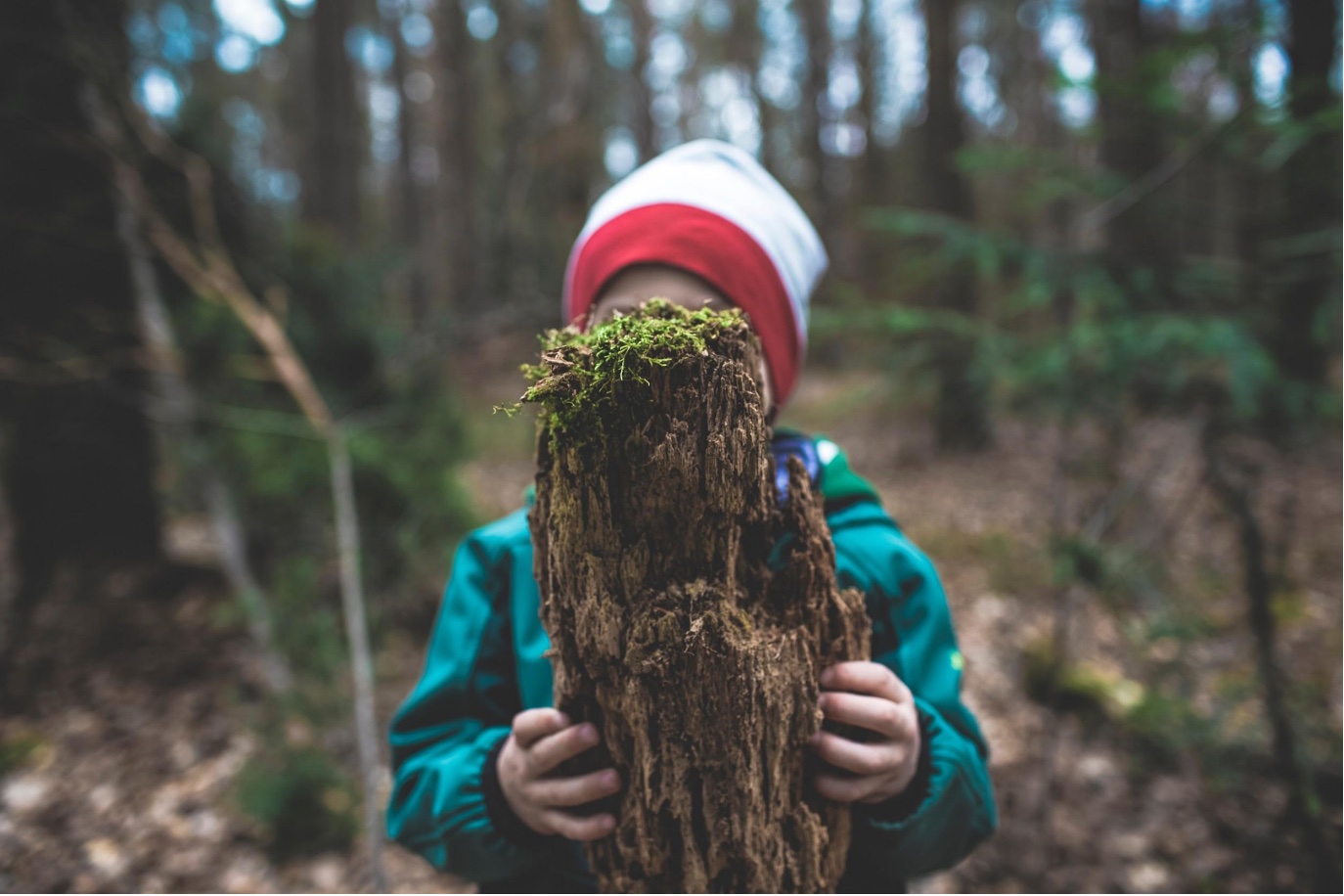
What Are The Benefits of Forest School?
This holistic education advances and supports the development of children through a hands-on approach. Studies have shown that attending Forest School can help develop collaboration skills through working with others on challenging outdoor tasks. Working through challenges also helps provide a safe place to take risks and nurtures a stronger sense of resilience. This can help children overcome fears or anxieties and can lead to increased well-being. The implications for education are also vast. Forest School prioritises self-reflection, which helps students use their mistakes to grow and become better learners. Other positive benefits that have been recorded include increased attention span, reduced stress, and the ability to build positive relationships with peers and adults.
A defining feature of Forest School is that it is a long-term process of regular sessions rather than one- off or infrequent visits. These regular outdoor sessions allow participants to really develop a strong sense of connection with nature and gain the full effects of the programme. One particular way this happens is through frequent exposure to failure. When challenge and risk is combined with both success and failure, students are more capable of learning from their mistakes, coping with future failures, and feeling empowered to take more risks in the future.
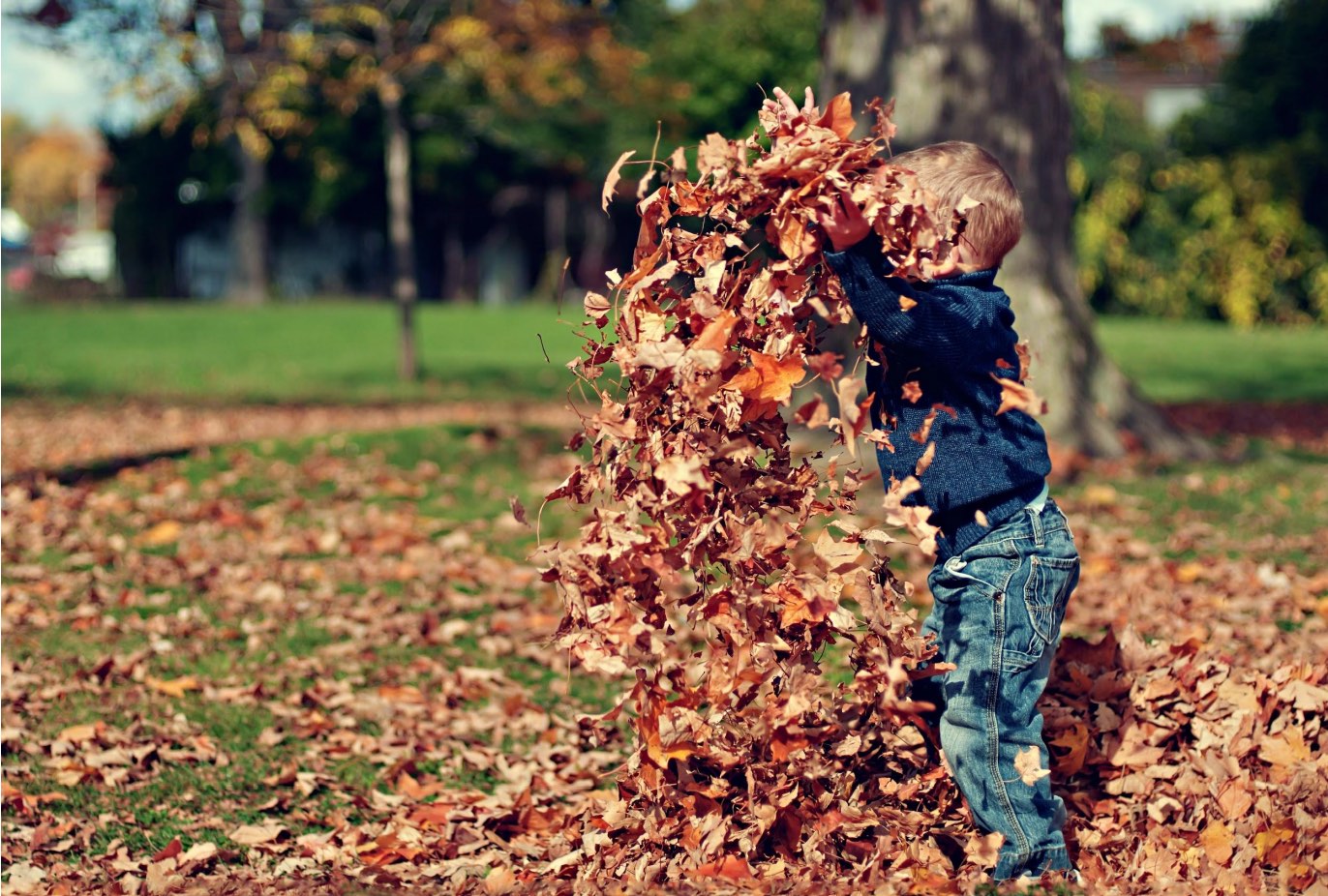
Getting Involved With Forest School
Forest School may look different worldwide, but the core values always remain the same. And the great news is they are popping up all over the place. Have a search in your local area and see if there is a Forest School nearby. Alternatively, connect with your child’s school and see if they would consider opening a Forest School on campus. You can also encourage your child to get involved in many other smaller ways that don’t need the required forest and trained practitioner. Playing in the garden and having time to explore nature are great ways to encourage the benefits of Forest School. Introducing the practises of Forest School are simple and accessible:
- Consider leaving some of your garden untamed and wild to give a true forest feel.
- Growing a vegetable patch is a phenomenal way to get outside. Start small and work together with your child; engage with them about the process of nature and even let them get involved physically with tools as you build your flower beds.
- Get dirty together and discover what wonderful creatures live just next door. The model proposed by Forest School embraces every opportunity to be present in nature.
- As you walk outside, stop and connect with your surroundings. Admire the beautiful shapes of the leaves, touch the gnarly bark of wise old trees, and investigate what animals live in these parts. Nature really is full of magnificent surprises. You just have to find them.
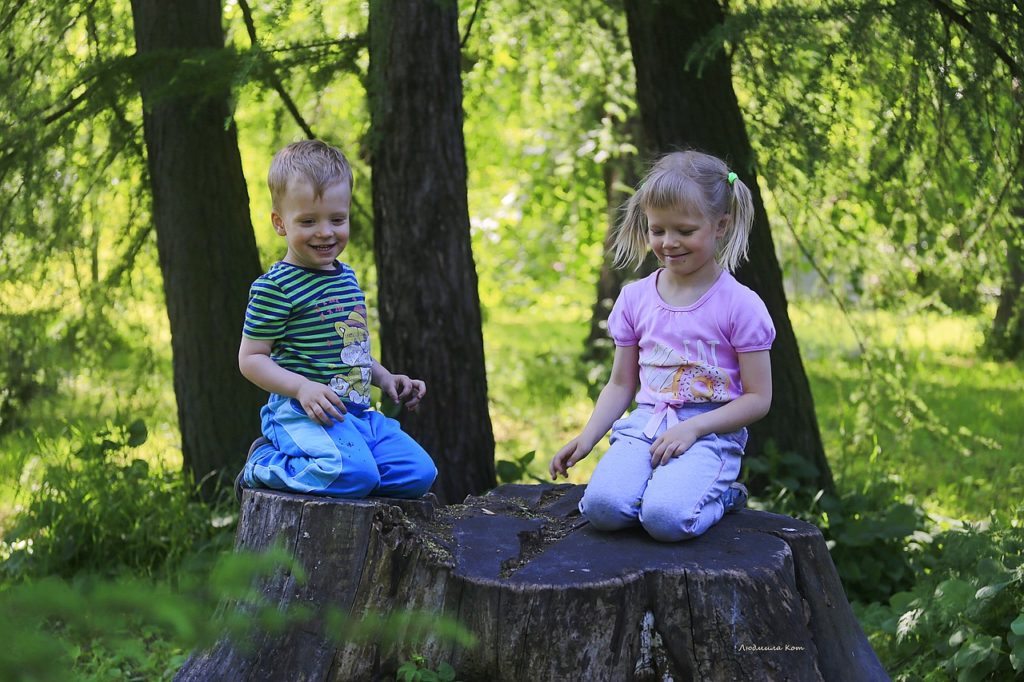
Editors Note:
Nikita is an international school teacher and Forest Fanatic based in Chiang Mai. She provides learner-led experiences that centre around curiosity and discovery. Join her in the forest every Saturday between 9am and 11am for some forest fun! For more information or to sign up, contact her on LINE or via email:
LINE: mowgli03 – Email: [email protected]
Currently only Prem International School has a forest school environment but watch this space!

